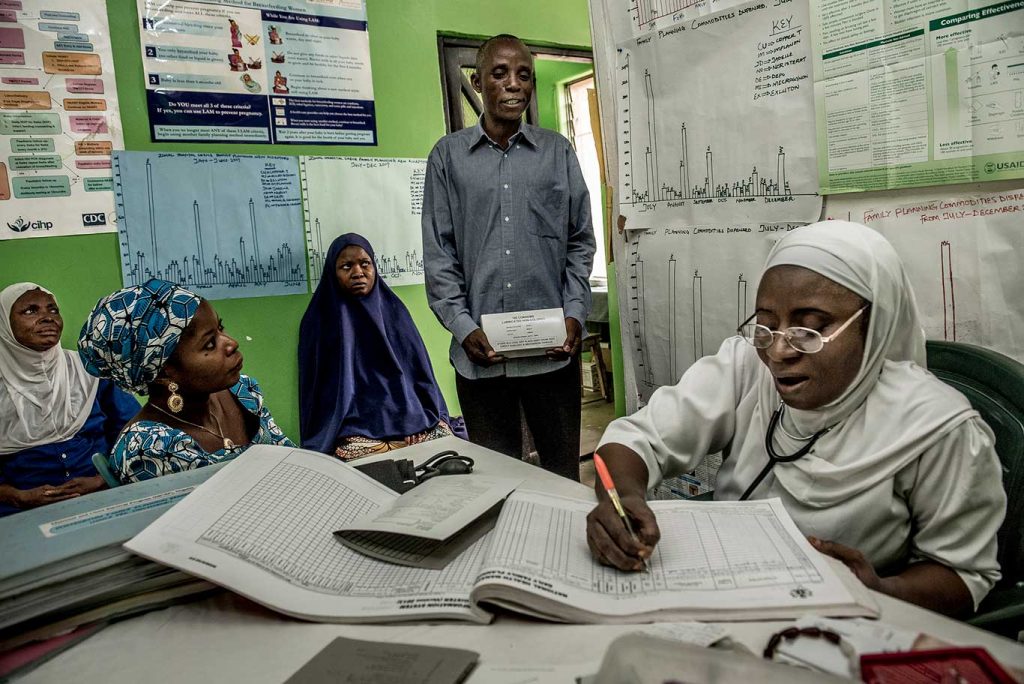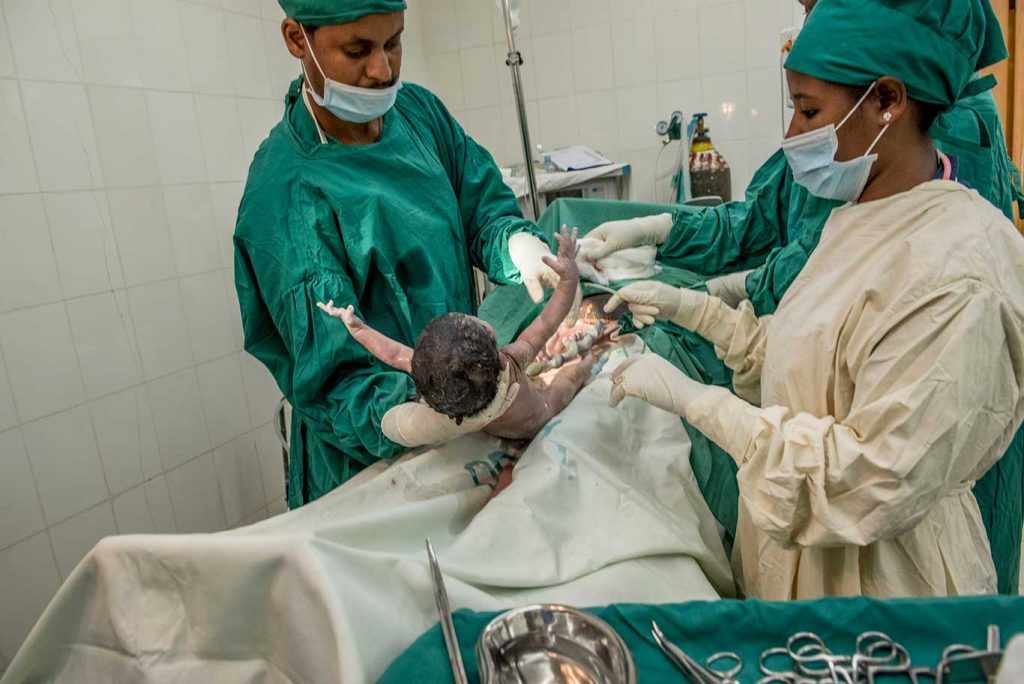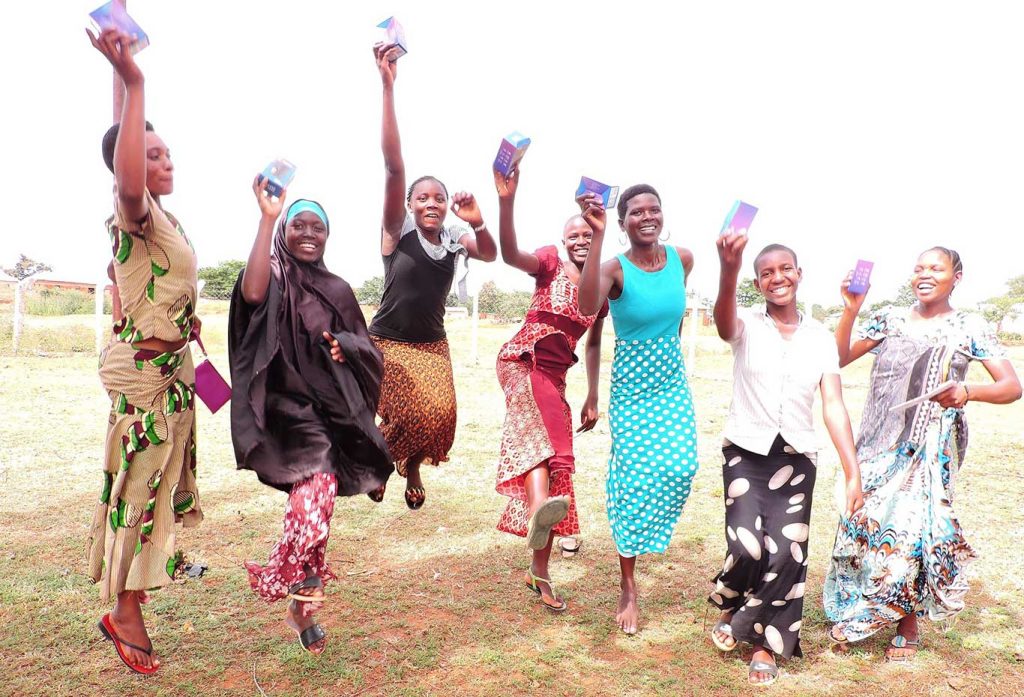
Women in Burkina Faso are seeking comprehensive health services to safely plan their families. To meet this need, Burkina Faso is updating and strengthening the skills of health care providers, so they can offer a range of contraceptives to women immediately after childbirth.

At the newly opened Dangila Hospital, surgical officers are empowered to identify problems and barriers to high-quality surgical care and drive the changes needed to improve services.

Mery faces a daily challenge — how not to join the 1,000 young women diagnosed with HIV each day. The Sauti Project in Tanzania is supporting her decision to stay healthy with prevention services and more.






